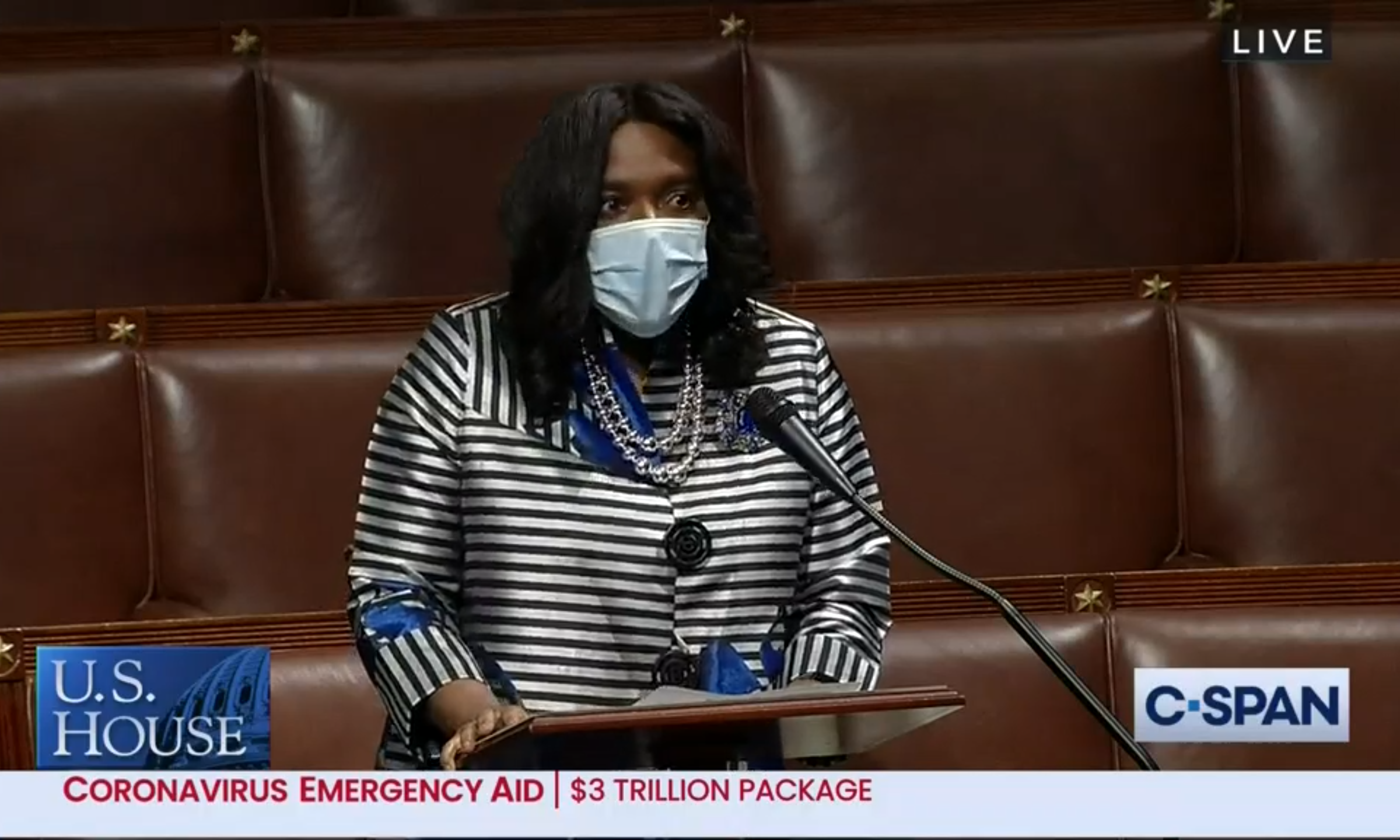Congresswoman Terri Sewell, D-Alabama, said this week that funding is needed for vaccine procurement and distribution and that Republicans need to agree to another coronavirus stimulus package.
In her comments, Sewell referenced a Washington Post article highlighting some of the logistical issues with vaccinating people in rural parts of the state of Alabama as well as reaching people of color.
“As the COVID-19 pandemic continues to disproportionately plague rural and underserved communities across our country, we must ensure we have sufficient infrastructure in place to make vaccines widely available,” Sewell said on social media.
“Since May, House Democrats have passed not one but two stimulus packages that secure funding for
vaccine procurement and distribution,” Sewell said. “The White House and Senate Republicans must act now so we can address these challenges on the front end.”
The Washington Post article noted that vaccination against COVID will be a challenge for Alabama and other poor, rural states. The Post addressed the difficulties of overcoming distrust of a COVID vaccine in rural Alabama.
This is especially difficult in Black communities where there are long memories of the Tuskegee Experiment, in which Black men were left untreated by doctors for syphilis as part of a government research project studying the progression of the disease. None of the men knew they were part of an experiment or that they were not getting the treatments for their condition they were seeking.
When the vaccine will reach poor, rural Black Belt counties in Sewell’s 7th District is still not clear.
Under its Operation Warp Speed initiative, the Trump administration has promised simultaneous distribution of vaccines to “all of America.” That will be a challenge.
“Administering a vaccine in rural Alabama is not about pulling up to a Walmart parking lot,” said John McGuinness, a member of the committee advising the state on vaccine distribution and a former state surgeon for the Alabama National Guard. “This amounts to a military campaign, moving from town to town and gathering demographics, relying on local leaders and being comprehensive in that way.”
There is also widespread skepticism among many about the seriousness of the virus. There are also huge logistical hurdles in administrating the Pfizer and Moderna vaccines, which require ultracold storage — storage capabilities that small rural hospitals and clinics simply don’t have.
“There are so many logistical issues that they, in total, are mind-blowing,” said Alabama Public Heath Officer Dr. Scott Harris, whose department has been tasked with figuring out how to actually do this.
“Our challenges are not unique to us — we are a relatively rural state, and we are in a part of the country where, generally speaking, people don’t like to be told what to do,” said UAB Dr. David Kimberlin, who is the American Academy of Pediatrics’s liaison to the CDC’s Advisory Committee on Immunization Practices.
A bipartisan group of Congressional lawmakers unveiled a $900 billion coronavirus relief package on Tuesday. Senate Majority Leader Mitch McConnell, R-Kentucky, objected to the size of the package. House Democrats had previously passed $4 trillion and $2 trillion coronavirus relief bills only to see them dead on arrival in the Republican-controlled U.S. Senate.
At least 276,922 Americans have died in the COVID-19 pandemic including 3,638 Alabamians.



















































